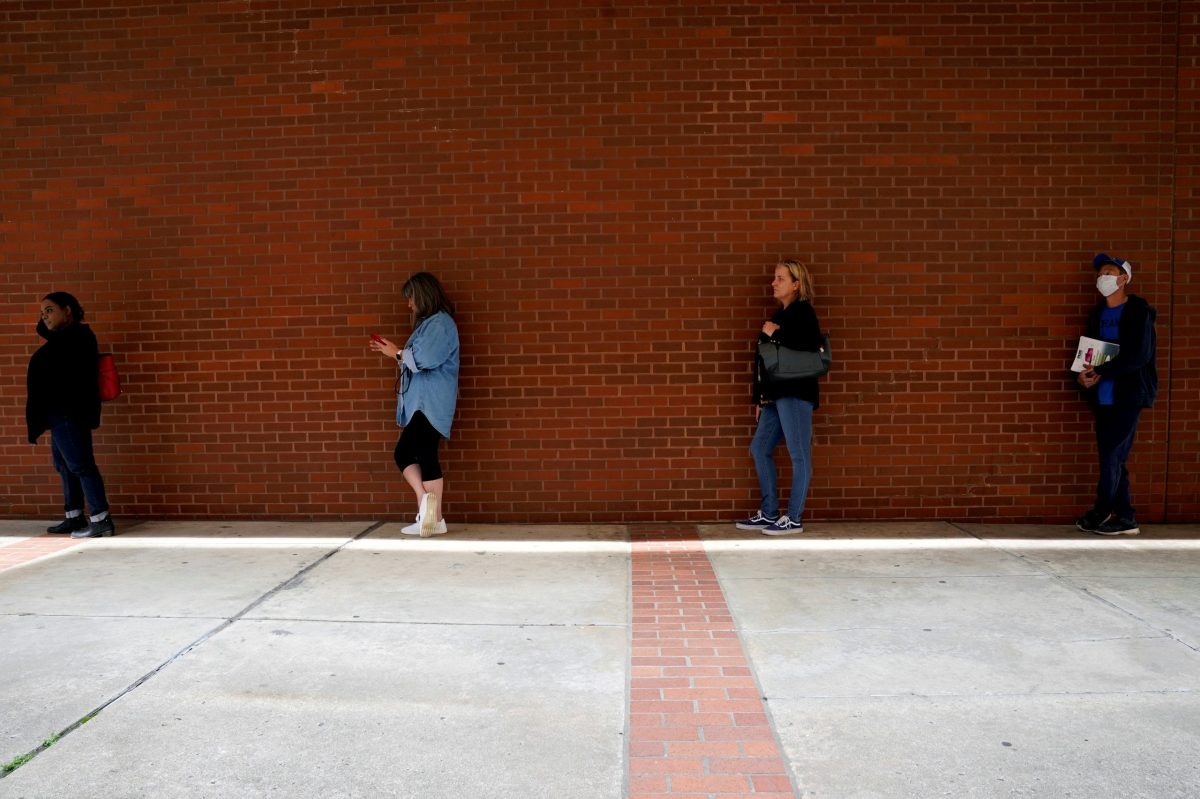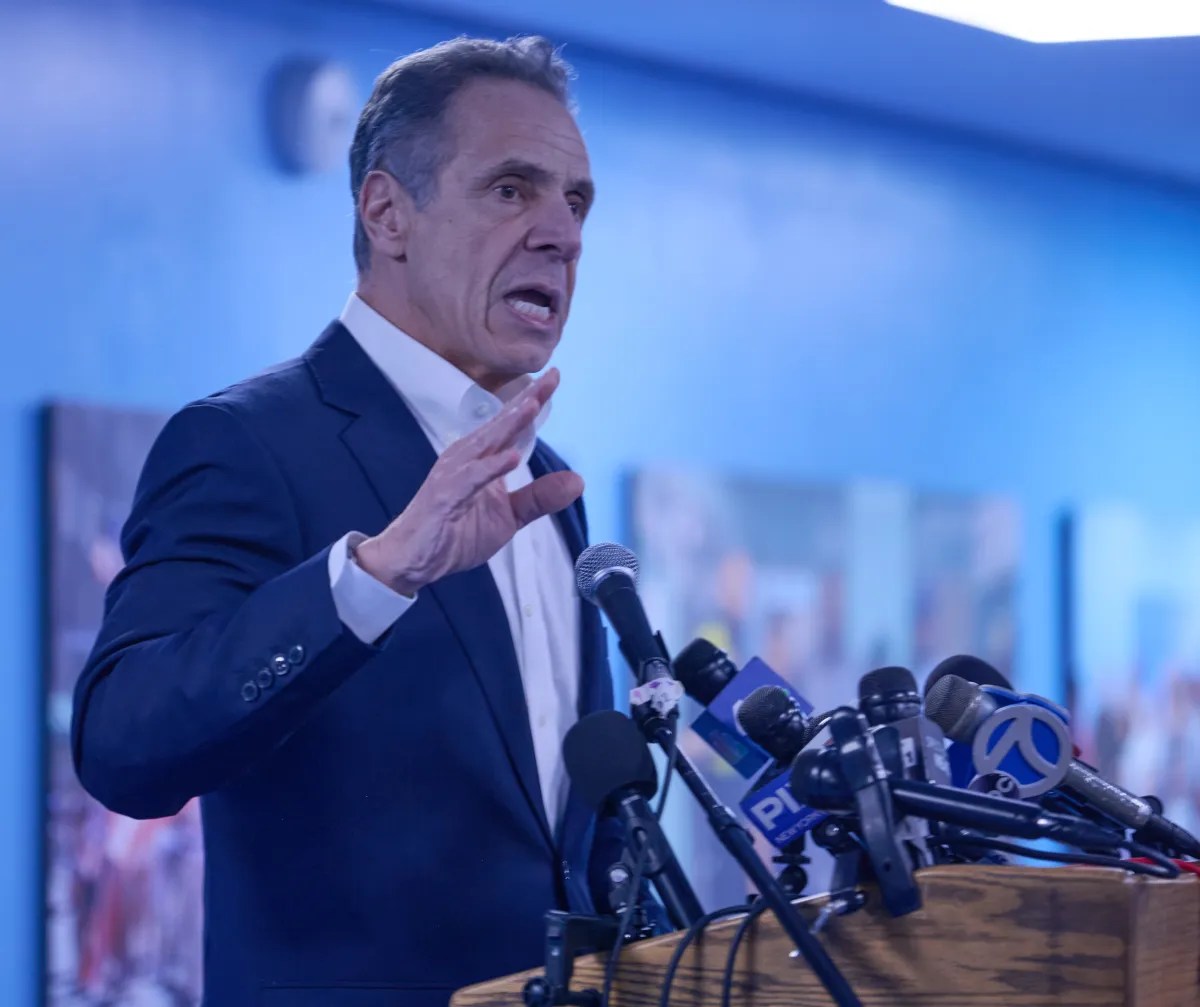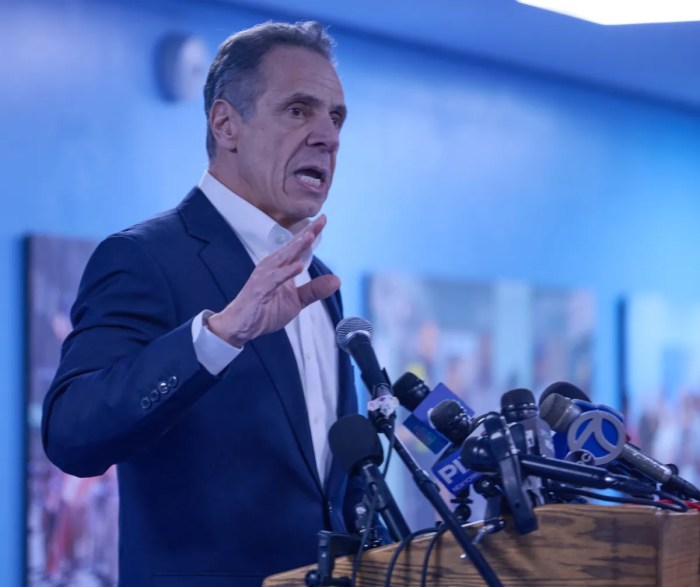BY LUCIA MUTIKANI
The number of Americans seeking jobless benefits fell last week, but a staggering 31.3 million people were receiving unemployment checks in mid-July, suggesting the labor market was stalling as the country battles a resurgence in new COVID-19 cases that is threatening a budding economic recovery.
Other data on Thursday showed a 54% surge in job cuts announced by employers in July. The reports followed on the heels of news this week of a sharp step-down in private payrolls in July and continued declines in employment at manufacturing and services industries.
“Repeated shutdowns for virus containment remain a threat to the labor market, which is already weak,” said Rubeela Farooqi, chief U.S. economist at High Frequency Economics in White Plains, New York. “Without effective virus containment the recovery remains at risk from ongoing job losses that could further restrain incomes and spending.”
Initial claims for state unemployment benefits fell 249,000 to a seasonally adjusted 1.186 million for the week ended Aug. 1, the Labor Department said on Thursday. That was the lowest reading since mid-March. Claims remain well above the peak of 695,000 during the 2007-2009 Great Recession.
Economists polled by Reuters had forecast 1.415 million applications in the latest week.
Coronavirus cases soared across the country last month, forcing authorities in some of the hard-hit areas in the West and South to either shut down businesses again or pause reopenings, sending workers back home. Though infections have eased about 5% nationally, they jumped last week in Oklahoma, Montana, Missouri and 17 other states.
The public health crisis is hurting demand for goods and services, broadening layoffs to sectors of the economy that were not initially impacted when nonessential businesses like restaurants and bars were shuttered in mid-March to slow the spread of the respiratory illness. Businesses are also cautious about hiring.
Claims topped out at a record 6.867 million in late March. Some economists expect claims to fall in the coming weeks following the end of a $600 weekly unemployment benefits supplement last Friday.
Industry groups said the supplement was encouraging furloughed and unemployed workers not to return to their jobs.
Other economists, however, expected claims to remain elevated because of weak demand and the expiration of the U.S. government’s Paycheck Protection Program that gave businesses loans that can be partially forgiven if used for employee pay.
Wall Street’s main equities indexes opened slightly lower as investors awaited the government’s new stimulus package to prop up the economy. The dollar was steady against a basket of currencies. U.S. Treasury prices rose.
MILLIONS UNEMPLOYED
Thursday’s claims report also showed the number of people receiving benefits after an initial week of aid totaled 16.107 million in the week ending July 25, from 16.951 million in the prior week. A total 31.3 million people were receiving unemployment benefits under all programs in the week ending July 18, up 492,816 from the prior week.
The claims report has no bearing on July’s employment report, which is scheduled for release on Friday, as it falls outside the period during which the government surveyed businesses and households for the nonfarm payrolls tally and unemployment rate.
According to a Reuters survey of economists, nonfarm payrolls likely increased by 1.6 million in July, down sharply from the record 4.8 million jobs created in June. The jobless rate is forecast to fall to 10.5% from 11.1% in June.
But July job growth could surprise on the downside. A report on Thursday from global outplacement firm Challenger, Gray & Christmas on Thursday showed job cuts announced by U.S. employers surged 54% to 262,649 in July.
“Consumers are buying fewer goods and services, businesses are closing, and bankruptcies are rising,” said Andrew Challenger, senior vice president at Challenger, Gray & Christmas. “It is clear that many job losses are now permanent, and it will be challenging for many workers to find new jobs and feel safe taking jobs that are public-facing.”


































